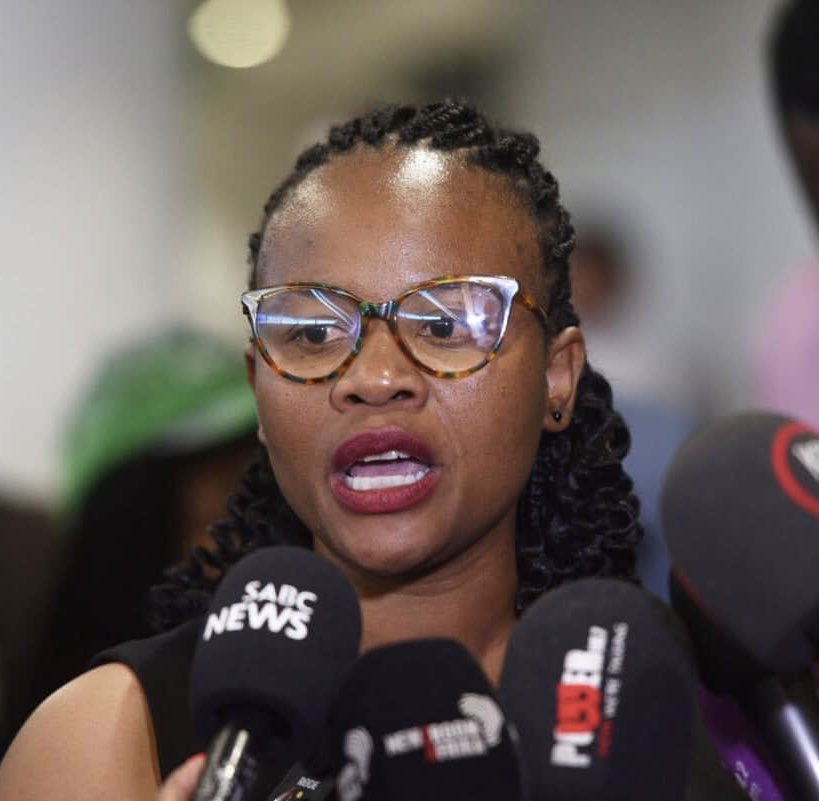News
‘We’re Fixing the Mess’: Tshwane Mayor Defends Water Tanker Spending

Mayor Moya Responds to Criticism Over Water Tanker Spending
Tshwane’s water crisis has long been a hot-button issue, and now the city’s R777 million water tanker spending is making headlines. Mayor Nasiphi Moya insists much of what’s been reported is misleading, arguing that her administration is addressing a problem left behind by previous leadership.
“We’re not hiding numbers,” Moya said. “We’re correcting a deliberately constructed false narrative.”
The mayor emphasised that water tanker expenditure is undeniably high, a reality she has made a priority since taking office in October 2024. But she insists the figures circulating in the media were drawn from system snapshots, which included duplicated, cancelled, or unprocessed purchase orders, rather than actual payments.
Breaking Down the Numbers
According to Moya, verified records from group finance show total payments of R621 million for 2024–25. Yet nearly R180 million were unpaid invoices rolled over from 2023–24, when Cilliers Brink served as mayor.
“Once those are correctly allocated, the actual expenditure for 2024–25 is R441 million,” Moya explained, noting that roughly R98 million of that occurred before Brink’s removal.
She added that between June 2023 and October 2024, the Brink administration oversaw R419 million in water tanker spending whether or not invoices were processed at the time.
“The issue is not creative accounting,” she said. “It’s about attributing costs to the correct financial year and setting the record straight.”
Reforms and Long-Term Plans
Moya stressed that her team is moving beyond emergency solutions like water tankers toward long-term water security initiatives. These interventions include reforms designed to reduce tanker costs while improving service delivery across the city.
“High expenditure is unacceptable, but throwing out political accusations doesn’t solve the problem,” she said. “We’re focused on sustainable solutions, not soundbites.”
Civil Society Pushback
The mayor’s comments came in response to criticism from WaterCAN’s Ferrial Adam, who suggested the city’s explanation “didn’t hold water.” Moya rejected the claim, saying the analysis blurred technical observations with political commentary.
“Comparisons to previous administrations can be useful, but when they’re used to score political points rather than provide clarity, it becomes problematic,” she said.
Social media reactions have mirrored the debate. Citizens are split between support for Moya’s transparency efforts and skepticism over municipal spending patterns. Many residents on Twitter questioned whether reforms would actually lead to reduced water tanker dependence or if the crisis would continue under the same financial pressures.
Mayor Moya’s message is clear: Tshwane is facing a historical problem, not one created by her administration. While R441 million in actual water tanker payments is still a significant sum, she insists reforms are underway to prevent further financial waste and improve the city’s water security.
In the midst of public scrutiny, Moya framed her response as a call for accountability, clarity, and long-term planning, a signal that Tshwane intends to move beyond crisis management toward sustainable solutions for its residents.
{Source: The Citizen}
Follow Joburg ETC on Facebook, Twitter , TikTok and Instagram
For more News in Johannesburg, visit joburgetc.com



























